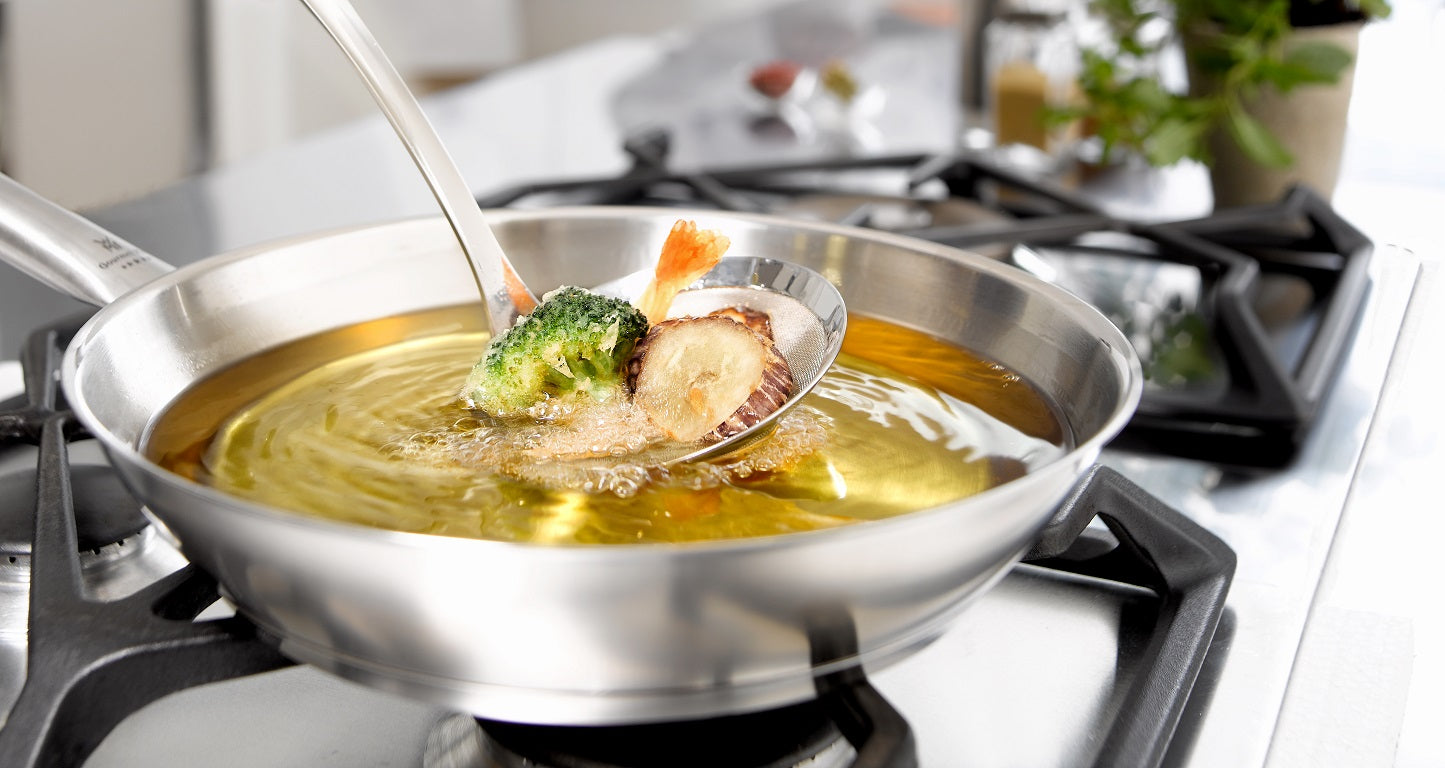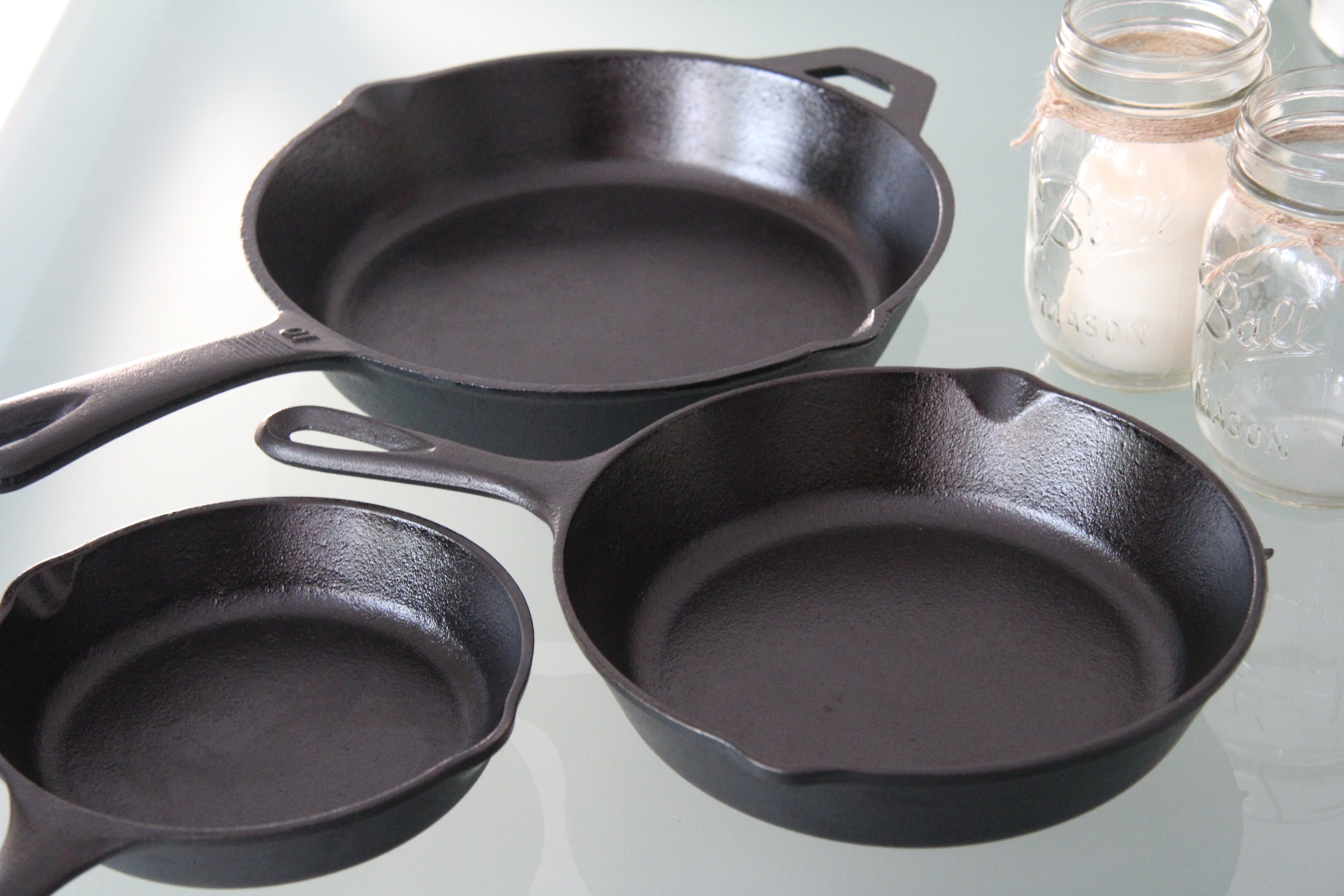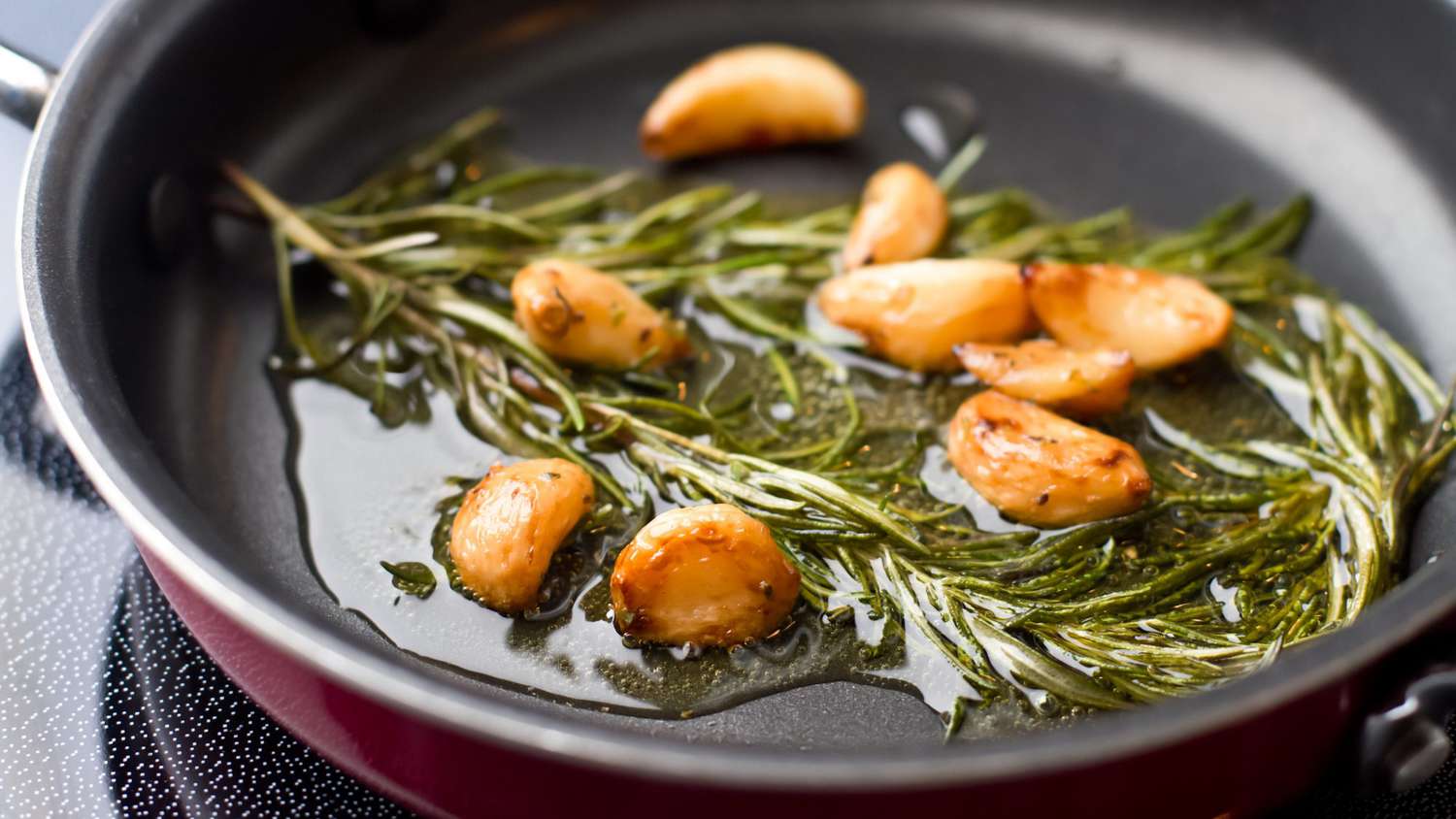When it comes to cooking oils, many people are familiar with both olive oil and extra virgin olive oil. However, the differences between these two types of oils are not always clear. In this article, we will unravel the mystery behind these oils, exploring their unique characteristics, benefits, and ideal uses in the kitchen. Read on to become a well-informed kitchen professional.

What is Olive Oil?
Olive oil is a commonly used oil extracted from olive fruits, primarily grown in the Mediterranean region. It is known for its rich flavor and health benefits, making it a staple in many households. The production process involves crushing olives, extracting the oil, and often refining it to remove impurities.

What is Extra Virgin Olive Oil?
Extra virgin olive oil (EVOO) is the highest quality olive oil available. It is obtained from the first pressing of olives and is free from chemical additives and heat treatments. This results in a superior flavor and a higher level of antioxidants compared to regular olive oil, making it a highly sought-after choice for both chefs and health enthusiasts.

Key Differences Between Olive Oil and Extra Virgin Olive Oil
Production Process
The production method significantly impacts the quality and characteristics of olive oil. Olive oil undergoes refining, which can involve chemicals and heat to remove impurities. This process often strips away some of the natural flavors and nutrients.
On the other hand, extra virgin olive oil is cold-pressed, preserving its natural taste and nutritional value. This method ensures that EVOO retains its robust flavor and high concentration of antioxidants and healthy fats.
Flavor Profile
Olive oil typically has a milder flavor compared to extra virgin olive oil. The refining process reduces its intensity, making it versatile for various cooking methods. It can complement both savory and sweet dishes without overpowering the other ingredients.
Extra virgin olive oil, however, is known for its bold and distinct flavor. With hints of fruitiness, pepperiness, and bitterness, EVOO can enhance the taste of dishes, especially when used in dressings, dips, and finishing touches.
Nutritional Value
The nutritional content of olive oil varies based on its processing. Although both types offer health benefits, extra virgin olive oil boasts higher levels of antioxidants, vitamins, and healthy fats. These nutrients contribute to cardiovascular health, anti-inflammatory properties, and overall well-being.
Regular olive oil, while still healthy, may have slightly lower nutrient levels due to the refining process. Nonetheless, it remains a healthier alternative to many other cooking oils available on the market.
Ideal Uses in the Kitchen
Each type of olive oil has its ideal culinary applications. Olive oil is a great all-purpose oil suitable for cooking, frying, and baking. Its subtle flavor makes it adaptable to various recipes, including marinades, sautés, and roasts.
Extra virgin olive oil, with its robust flavor, is best used in dishes where its taste can shine. Drizzle it over salads, pasta, grilled vegetables, or use it as a dip for bread. Its low smoke point also means it is more suitable for low-heat cooking or as a finishing oil rather than for frying.
Price Difference
Due to its superior quality and production process, extra virgin olive oil is generally more expensive than regular olive oil. The meticulous extraction methods and higher nutrient content contribute to its premium price. While it may be a pricier option, the flavor and health benefits often justify the cost for many consumers.
FAQs: Common Questions About Olive Oil and Extra Virgin Olive Oil
1. Can I use extra virgin olive oil for frying?
While you can use extra virgin olive oil for frying, it is not ideal due to its low smoke point. It is better suited for low-heat cooking or as a finishing oil to preserve its flavor and nutrients.
2. Is extra virgin olive oil healthier than regular olive oil?
Extra virgin olive oil is considered healthier than regular olive oil due to its higher concentration of antioxidants, vitamins, and healthy fats. However, both types offer health benefits compared to other cooking oils.
3. How should I store olive oil and extra virgin olive oil?
Store both types of olive oil in a cool, dark place away from direct sunlight and heat. Use airtight containers to preserve their freshness and prevent oxidation.
Learn more about oil storage. As an Amazon Associate, I earn from qualifying purchases.






Leave a comment
This site is protected by hCaptcha and the hCaptcha Privacy Policy and Terms of Service apply.